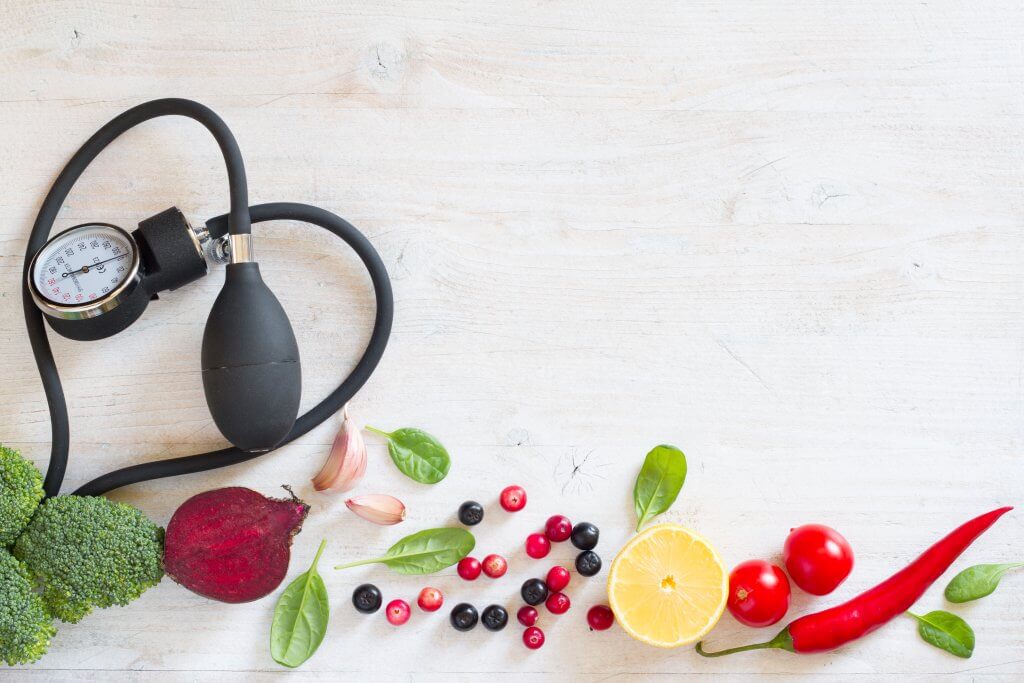Copyright © VSM Pharmacy Limited. All rights reserved. vsmpharmacy.co.uk is a trading name of VSM Pharmacy Limited. Registered office: 124 Frimley Road, Camberley, Surrey, United Kingdom, GU15 2QN. Registered in England: company number 12182298.
NHS Blood pressure testing
Our pharmacy is now offering a free NHS hypertension screening service to all adults 35 years old and over who have not previously been diagnosed with hypertension.
In the UK there are about five million adults ( one in every nine) who have high blood pressure without even knowing it. If left untreated, hypertension can lead to serious heart and circulatory diseases such as heart attack and stroke.
The only way to find out if your blood pressure is high is to have your blood pressure checked.
Book online. It is fast and easy.
Who is eligible for the free service?
- Adults who are 35 years old or over, who have not been diagnosed with hypertension previously.
- Patients under the age of 40 who request the service because they have a recognised family history of hypertension
- Adults referred by a general practice for the measurement of blood pressure
What is the service about?
A pharmacist will measure your blood pressure in a private consultation room. If the reading is high, they may offer you an ambulatory blood pressure monitoring (ABPM) device to wear. This can automatically measure your blood pressure at regular intervals over a 24 hour period, allowing for a more detailed view of your blood pressure.
How does the NHS Blood pressure testing service work?
1
Fill in the form below
Get in touch
You can either book online, walk in, or give us a call on 01276 21002 .
Fill in the form
2
Private consultation with the pharmacist
Private Consultation
Our pharmacist will measure your blood pressure in a private consultation room.
3
Get the right treatment
Get the right option
The pharmacist will discuss the results and recommend the right course of action
Fill in the form below then select your slot in the diary
Frequently Asked Questions
- Adults who are 35 years old or over, who have not been diagnosed with hypertension previously.
- Patients under the age of 40 who request the service because they have a recognised family history of hypertension
- Adults referred by a general practice for the measurement of blood pressure
This is a measure of how hard your heart has to work to pump blood around your body. A blood pressure monitor will record the pressure of the blood in your arteries as it travels from your heart to other areas of your body.
High blood pressure (or hypertension) is when the blood pressure is 140/90 or higher over a number of weeks, even when you’re resting.
Your blood pressure usually goes up and down depending on what you’re doing. If your blood pressure stays too high, for too long, then it can cause damage to your body.
To find out whether you have high blood pressure you’ll need to have your blood pressure checked, as the condition presents no symptoms.
There are no set causes of high blood pressure, but certain things and circumstances can increase your risk, these include:
- Being over the age of 65
- Having a family history of high blood pressure or heart disease
- Being overweight
- Not exercising as much as you should
- Being of Asian or African-Caribbean descent
- Drinking more than two to three units of alcohol a day (up to 14 units a week) if you’re a woman, or three to four units a day (up to 21 units a week) if you’re a man
- A diet including a lot of salt. Adults should eat no more than 6g (1 teaspoon) of salt a day.
- Not eating five portions of fruit and vegetables a day
- Not getting enough sleep
- Drinking too much caffeine
Blood pressure is checked with a device made of a cuff, which goes around your arm, a pump, which inflates the cuff to temporarily restrict circulation, and a dial or digital display to report your blood pressure. When your blood pressure is measured, it is written down as two numbers. The first (or top number) is the systolic, taken when the heart beats and forces blood through the arteries, and the second (or bottom figure) is the diastolic pressure, taken between heartbeats, or while your heart is at rest. Your doctor will be looking at both of those numbers when they decide whether or not treatment is needed to manage your blood pressure.
You might find that your healthcare practitioner has told you a number which is right for you based on your health and medical history. However the ideal blood pressure is between 90 and 140 mmHg for the systolic (top number) and between 60 and 90 mmHG for the diastolic (bottom number).
Everyone’s blood pressure can vary throughout the day depending on what you’re doing so you may be advised to measure your pressure at different times to get a more accurate picture of your overall blood pressure.
Low blood pressure (or hypotension) is when the blood pressure is 90/60 or less when you are resting. If you have low blood pressure, you may experience dizziness, fainting, blurred vision, nausea and general weakness. People who are older and have low blood pressure are at higher risk of injuring themselves by falling.
If your blood pressure reading is between 120/80mm Hg and 140/90mm Hg then you may be at risk of developing high blood pressure.
To help lower your blood pressure:
- Decrease your salt consumption
- Increase your intake of fruit, vegetables, fish, and white meat.
- Exercise well and regularly; you are recommended to do at least 150 minutes of moderate exercise per week.
- Cut down or stop smoking which restricts blood flow by narrowing the arteries.
- Reduce or stop alcohol entirely as this also impacts blood flow.
If you think you might be at risk of high blood pressure, or you simply have not had it checked in a while, you can get a blood pressure check at our pharmacy.
You can book an appointment on our website , give us a call on 01276 21002 or simply come in. Our pharmacy has a consultation room where you can have the check done and discuss the results with our pharmacist.
If you’re diagnosed with high or low blood pressure, then your pharmacist will be able to discuss with you if there are any lifestyle or diet changes that could help your blood pressure or overall heart risk.
You can also find more detailed general information at www.nhs.uk, where you can also check your heart age. You can visit https://www.bhf.org.uk/ to find more information about your blood pressure.




